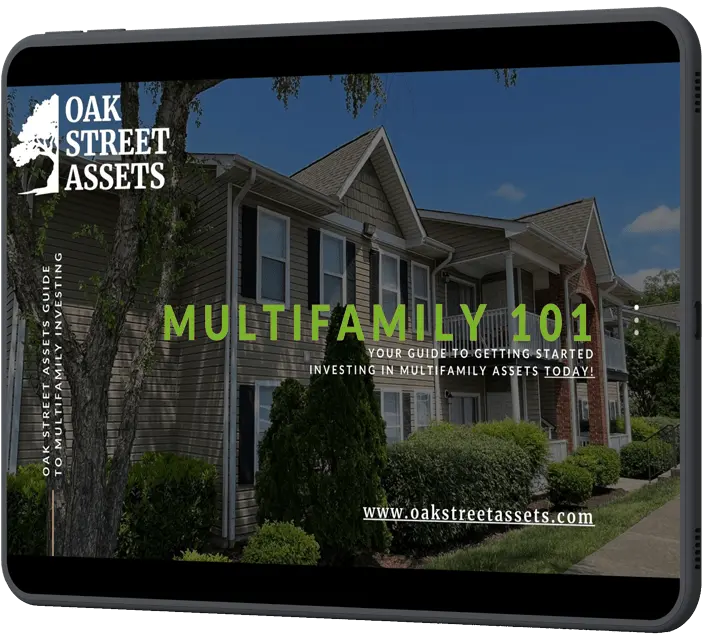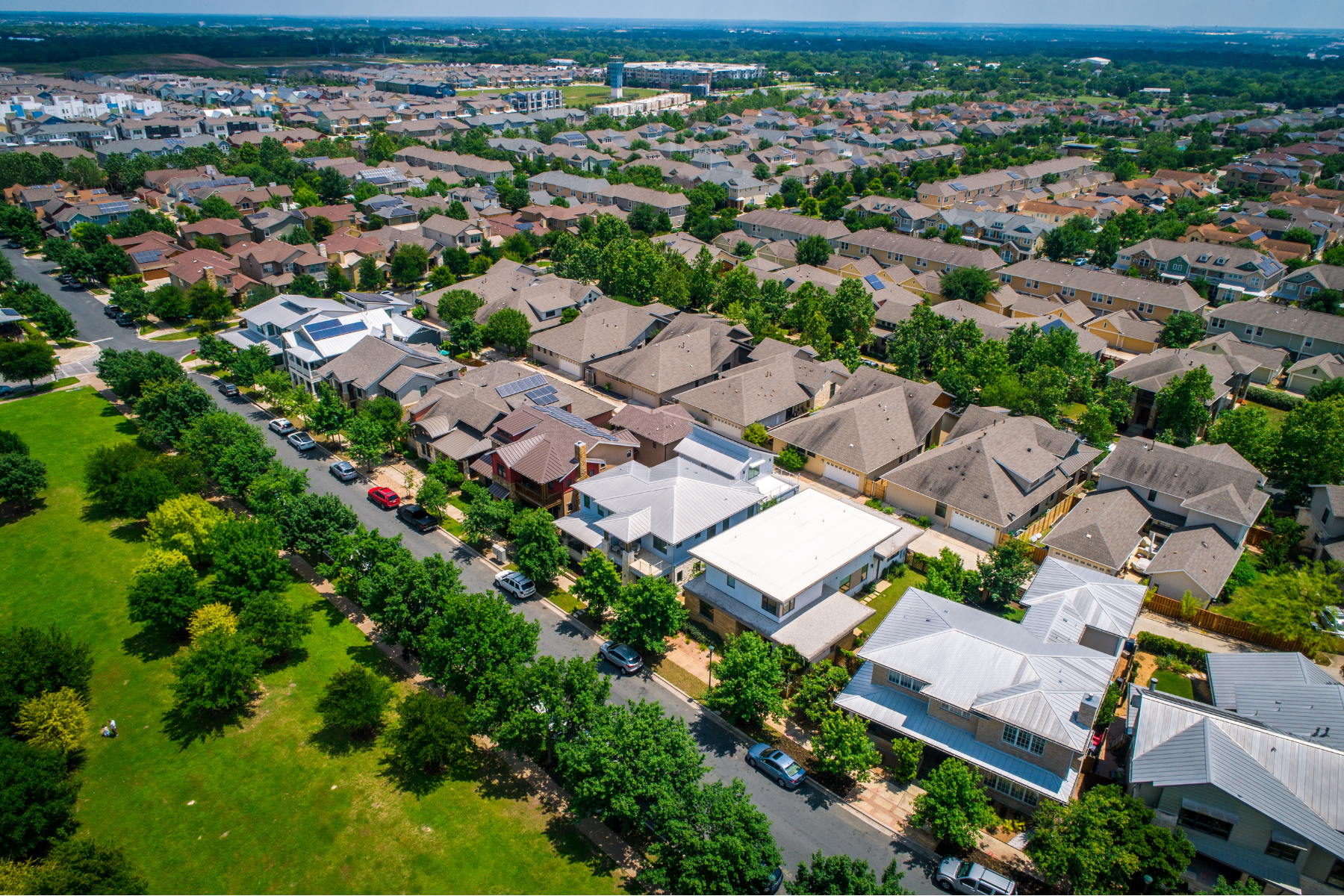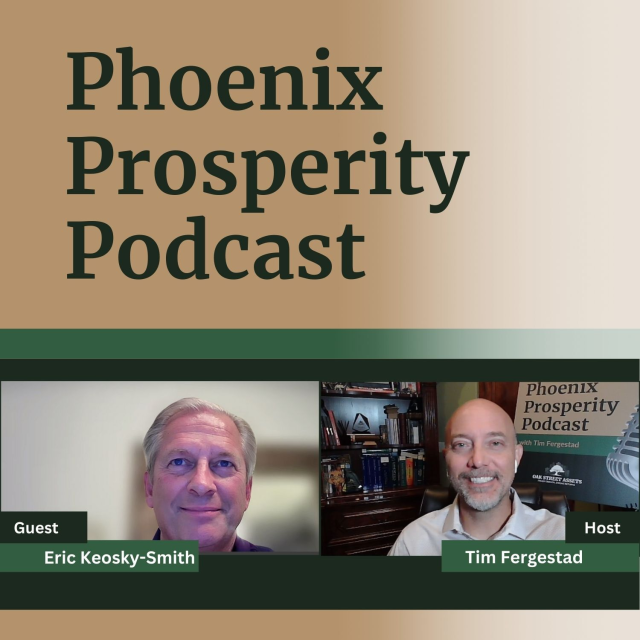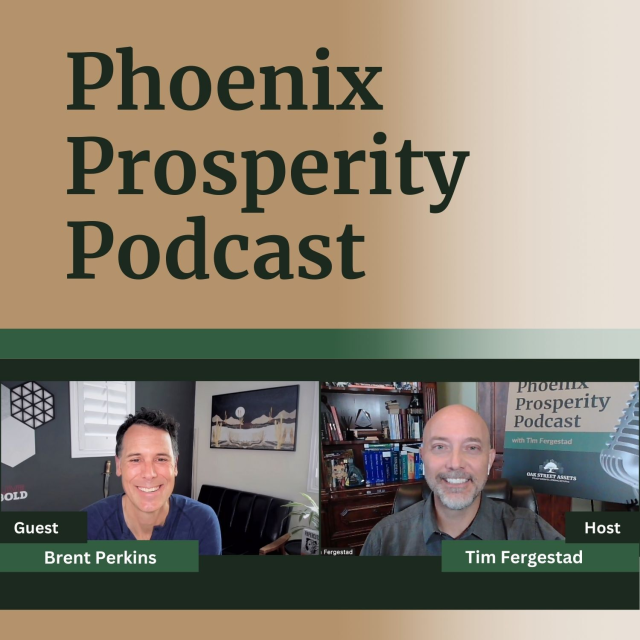Multifamily investing offers a powerful way to build long-term wealth and secure your financial freedom. Unlike single-family properties or traditional investments, multifamily properties create dependable cash flow, diversify your income streams, and accelerate wealth accumulation.
In this guide, you’ll learn precisely why multifamily investing works, how to start your investing journey, and practical tips for maximizing your returns. Let’s dive in.
Why Multifamily Investing Is Key to Financial Freedom
Multifamily real estate involves properties containing multiple residential units, from duplexes and triplexes to larger apartment complexes. Here’s why it’s uniquely effective at creating sustainable wealth:
Consistent and Predictable Cash Flow
Multifamily properties generate regular income from several tenants. Unlike single-family homes, which leave you vulnerable to vacancy risks, multifamily rentals spread that risk across multiple units. Even if one tenant leaves, other units continue to generate steady income.
This consistency helps you better plan your financial future, offering predictability that’s crucial for achieving financial freedom.
Economies of Scale Reduce Expenses
Managing one multifamily property with several units is often easier—and cheaper—than managing multiple single-family rentals. Maintenance, management fees, insurance, and even marketing costs decrease when spread over multiple units in a single building.
Lower Risk Through Diversification
Multifamily investing spreads risk naturally. A vacancy in one unit doesn’t disrupt your entire income flow. Moreover, multifamily buildings tend to remain more stable during economic downturns, as rental demand often rises when fewer people can afford to buy homes.
Long-Term Appreciation and Equity
Historically, multifamily properties appreciate steadily over time. Improvements and strategic management boost property values, providing a powerful vehicle for building equity and increasing your net worth.
How to Get Started in Multifamily Investing
To succeed in multifamily investing, you need a structured approach. Here’s your step-by-step guide:
Step 1: Develop Your Investing Knowledge
Multifamily investing requires specialized knowledge. Start by understanding:
-
Key market terms (e.g., NOI, Cap Rates, DSCR)
-
Financing options (bank loans, FHA loans, private lending, syndications)
-
Market cycles and economic trends affecting real estate
Educate yourself through books, podcasts, courses, and local investment groups to fast-track your learning curve.
Step 2: Clearly Define Your Investment Goals
Before investing, clarify your goals. Determine precisely what you want from your investments:
-
Immediate cash flow to replace income?
-
Long-term appreciation for future retirement?
-
Balanced approach combining cash flow and equity growth?
Clearly defined goals allow you to focus your efforts, evaluate potential investments, and make decisions aligned with your financial vision.
Step 3: Conduct Thorough Market Research
Understanding local market conditions is vital. When choosing a market, look closely at:
-
Population growth rates
-
Employment trends and economic health
-
Occupancy and vacancy rates
-
Average rents and affordability
Markets with healthy job growth, rising populations, and stable economic indicators typically provide better investment returns.
Step 4: Find and Evaluate Multifamily Properties
Once you’ve identified a promising market, find properties aligned with your investment goals. When evaluating properties, analyze:
-
Condition and maintenance needs
-
Location and neighborhood desirability
-
Historical occupancy rates
-
Comparable market rents
Quality locations with high demand ensure stronger occupancy and rental income.
Performing Detailed Financial Analysis
Sound financial analysis is essential before investing. Key metrics you must calculate include:
Net Operating Income (NOI)
NOI represents your income minus operating expenses (excluding mortgage payments). It directly impacts property valuation and your profitability.
Capitalization Rate (Cap Rate)
Cap rate measures your property’s potential return based on NOI divided by property price. Higher cap rates often indicate higher risk, while lower rates suggest safer, stable markets.
Cash-on-Cash Return
Cash-on-cash return calculates your annual cash income relative to your total initial investment. This metric helps determine how quickly you’ll recoup your upfront investment.
Securing the Best Financing for Your Investment
The right financing significantly impacts your returns. Consider these common multifamily financing options:
Conventional Bank Loans
Typically offering competitive rates, conventional loans require good credit, strong financials, and a substantial down payment (usually 20-30%).
FHA Multifamily Loans
Government-backed FHA loans allow lower down payments and offer favorable terms but involve more stringent approval processes and property standards.
Private Lenders and Hard Money Loans
Private lenders offer flexibility and faster funding but usually carry higher interest rates. Ideal for short-term investments needing quick capital.
Real Estate Syndications
Syndications pool funds from multiple investors, allowing you to participate in larger investments with professional management. Great for passive investors.
Evaluate each option carefully, matching financing to your specific investment strategy and financial circumstances.
Performing Comprehensive Due Diligence
Due diligence protects your investment and uncovers hidden issues. Always:
-
Inspect structural integrity thoroughly (roof, foundation, plumbing, electrical systems).
-
Review tenant leases, verifying accuracy and financial reliability.
-
Assess historical operating statements, validating income and expenses.
-
Confirm zoning compliance and potential future restrictions.
Taking time for detailed due diligence minimizes unexpected expenses, significantly reducing your investment risks.
5 Signs a Multifamily Deal Aligns with Your Values
Not every investment is the right fit—and that’s okay. Beyond the numbers, successful multifamily investing is also about alignment. Alignment with your values, your goals, and the kind of life you’re building.
If you’re considering a deal, here are five gentle questions to reflect on. They can help you stay grounded and choose opportunities that not only build wealth, but also feel right.
1. The Numbers Make Sense Over Time
A good investment is more than a good month. Are the projections thoughtful? Are the returns sustainable? Does it hold up even if the market slows down? When the numbers are built on solid ground, it’s easier to move forward with confidence.
2. The Property Supports Stable, Respectful Housing
Multifamily investments are about people, not just properties. Does this building offer a safe, livable, and dignified home for its tenants? Can you feel proud to be part of what it represents?
3. The Surrounding Community is Growing in Healthy Ways
Strong investments grow alongside strong communities. Is the area showing signs of thoughtful development—schools improving, local businesses thriving, neighbors choosing to stay? These are quiet signals of lasting potential.
4. You Feel Comfortable with the Risks Involved
Every investment carries risk. But not every risk fits your season of life. Are you being honest with yourself about the level of uncertainty you’re comfortable holding? Do you fully understand what’s at stake and feel at peace moving forward?
5. It Moves You Closer to the Life You Want to Build
This might be the most important filter of all. Does this opportunity support your version of success—not someone else’s? Whether it’s more time, more flexibility, or more impact, real alignment means saying yes to what truly matters to you.
Optimizing Multifamily Property Management
Effective property management directly impacts profitability and tenant satisfaction. Consider these strategies:
Self-Management vs. Professional Management
Smaller properties (under ten units) can be self-managed if you’re experienced and local. Larger properties usually require professional management for efficiency.
Proactive Maintenance and Upgrades
Regular property inspections and timely repairs keep tenants happy and reduce turnover. Selective unit upgrades (new appliances, flooring, modern fixtures) allow you to command higher rents and improve property value.
Building a Positive Community
Happy tenants stay longer. Foster community by creating common spaces, hosting tenant events, and promptly addressing concerns. Higher tenant retention translates directly into more stable income and lower vacancy costs.
Maximizing Your Multifamily Investment Returns
To amplify returns, continually refine your investment strategy:
Consistent Rent Reviews and Adjustments
Regularly review local market rents to ensure your pricing remains competitive. Strategic rent increases help grow NOI and overall profitability.
Leveraging Tax Advantages
Multifamily investing offers numerous tax benefits, including depreciation, expense deductions, and the potential for 1031 exchanges. Consult your CPA regularly to optimize your tax strategy.
Planning Strategic Exit Opportunities
Maintain clear exit strategies based on market conditions and your long-term goals. Common exit options include refinancing to leverage equity, selling at market peaks, or exchanging into larger properties through a 1031 exchange.
Your Roadmap to Lasting Financial Freedom

Multifamily investing isn’t just another passive income stream, it’s a comprehensive financial strategy designed to build enduring wealth and independence. By carefully educating yourself, defining clear goals, conducting thorough research, and implementing disciplined management practices, you’ll set the foundation for financial freedom.
Remember, the journey toward financial independence requires patience, consistent effort, and informed decisions. Multifamily properties offer not only steady cash flow and equity growth but also a path toward a more secure financial future.
Start today. Educate yourself, set clear goals, and take deliberate action. Your financial freedom is waiting, one multifamily investment at a time.







